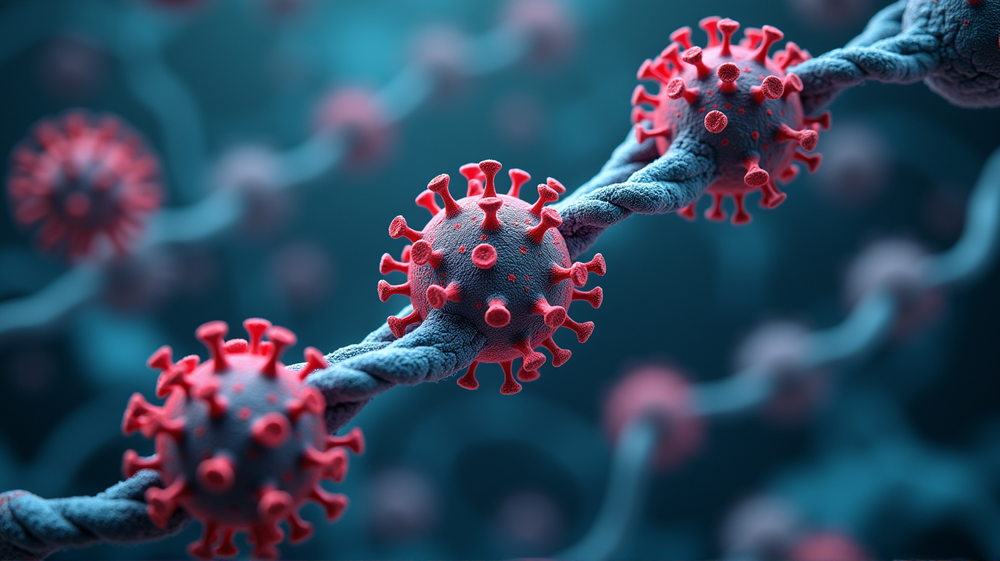The Genetic Key to Covid-19 Resistance?
As Covid-19 has swept across the world, researchers are searching for underlying factors that influence individual susceptibility to infection. Recent studies suggest that genetic components, specifically the MASP2 gene polymorphisms, may play a pivotal role in determining how our bodies respond to the virus. According to BMC Infectious Diseases, understanding these genetic nuances isn’t just academic—it’s crucial for developing targeted prevention and treatment strategies.
Unraveling the Connection
The MASP2 gene, located on chromosome 1, is instrumental in activating the lectin arm of the immune system. A recent case-control study in Iran compared the presence of polymorphisms in 100 Covid-19 patients against 100 healthy controls. Their findings? A significant correlation emerged between the rs2273346 polymorphism of the MASP2 gene and reduced susceptibility to the virus. Individuals carrying the TC or CC genotype were notably less vulnerable to infection, hinting at a protective genetic signature.
Beyond Borders: Global Implications
While this research focused on an Iranian cohort, its implications extend far and wide. The study’s revelation aligns with a growing body of evidence suggesting that MASP2 polymorphisms can influence not just Covid-19 outcomes but also other infectious diseases. Could this be a step toward personalized medicine in infectious disease treatment?
The Path Forward: Large-scale and Mechanistic Studies
The genetic piece of the Covid-19 puzzle is complex, and this study is a call to action for further research. With larger cohorts and detailed mechanistic studies, scientists hope to validate these findings, exploring MASP2’s potential as a therapeutic target.
Clinical Applications: Monitoring and Treatment
The study also emphasizes the role of biomarkers like MASP2 levels in assessing Covid-19 severity. Elevated levels in patients suggest a hyperactivated immune system attempting viral clearance, yet this overactivity might also cause collateral damage, complicating the disease’s trajectory. Recognizing and managing such biomarkers could redefine patient monitoring and intervention strategies, creating a bridge between genetic insights and clinical practice.
Conclusion: From Insight to Innovation
From unraveling the intricacies of genetic protection against Covid-19 to envisioning future preventive measures, this research exemplifies the critical role of genetics in infectious disease management. As scientists continue to explore the MASP2 gene’s complexities, they provide hope for innovative solutions to this ongoing global health crisis.













